The term, “nuclear family,” (NF) is not common vernacular. If, like me, you are a biology major, then you might immediately think of the nucleus of a cell–the most basic, simple structure that controls mammalian life. NF refers to a family with a mother, father, and their biological child(ren).
l first read about NF in psychology textbooks and later in social work textbooks. The term is rarely used or written about outside of academia. It’s becoming increasingly politically incorrect, much like the misnomer, “Indians” has become un-PC to refer to the Native Americans (which can also be a controversial term depending on who you ask).
In my social work profession, which was founded by Christian women who wanted to support orphans, widows, and others deemed vulnerable and helpless in the 1800s American society, the term nuclear family is almost now a taboo topic. I’ve heard people, including colleagues, verbalize this term about zero times in the last decade. This is odd considering how much family dynamics and structure in childhood affect an individual’s functioning and mental health. It seems that my beloved social work profession has gone the political route, veering away from age old truths to pursue noble societal goals such equality and justice.
And here I am, a social worker, daring to write about the importance of keeping the nuclear family together. If you are an adult who grew up in a nonNF structure and have only wonderful memories of your childhood, then I’m happy for you. If you are a parent raising kid(s) in an alternative family structure, I am not judging you. Frankly, at times I find it more than difficult to work at my own marriage and parenting. Another factor that keeps me from judging is that most parents I have the privilege to counsel are no longer married and raising just their biological kids. I am grateful for their trust, vulnerability, and courage to seek help to improve their lives. I am not holier than they or thou.
The majority of my clients fall into the nonNF category: grandparents, kin, single moms or dads, stepparents or unmarried parents raising kids who are biologicals, half, step, or blended. I meet these primary caregivers where they are at and with professional training and education, encourage them to be the role models that will inspire their children to be the best they were created to be. Oftentimes, I bring my own shortcomings, trials and experiences with dysfunctional families, to empathize with and encourage these brave men and women.
If you are a foster or adoptive parent, single or in a committed relationship, hats off to you. Your work is very important and necessary in our fallen world full of brokenness. We need not look further than our neighborhoods to know of kids who’ve lost both sets of biological parents (whether due to death or other reasons). Your attempt to provide unconditional love, safety, nurture, and guidance to the young will be met with much distrust, resistance, and obstacles. And yet, it is so needed in our society today. Keep improving your game and don’t give up hope!



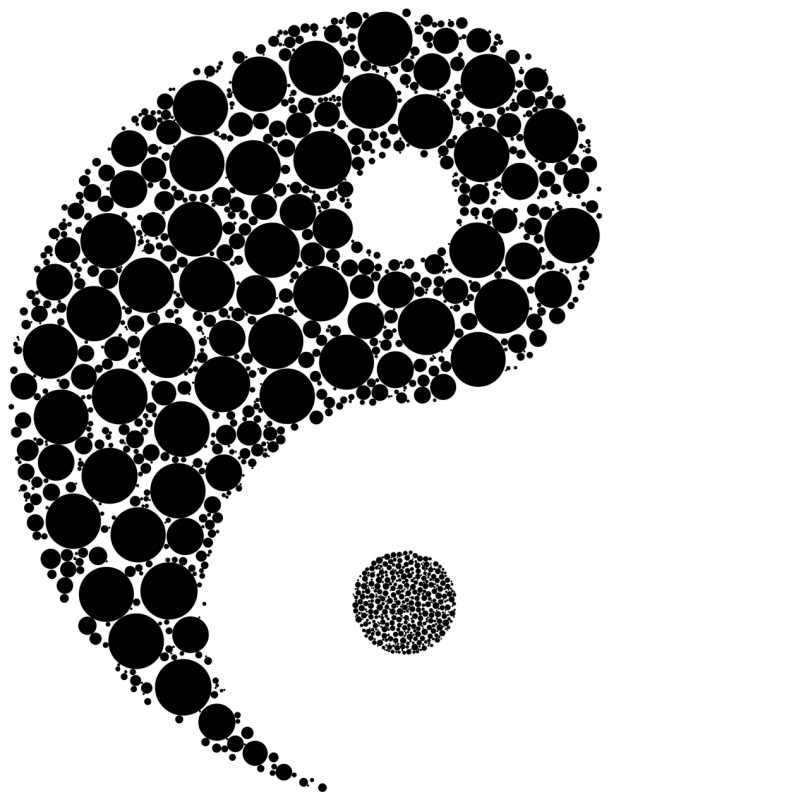




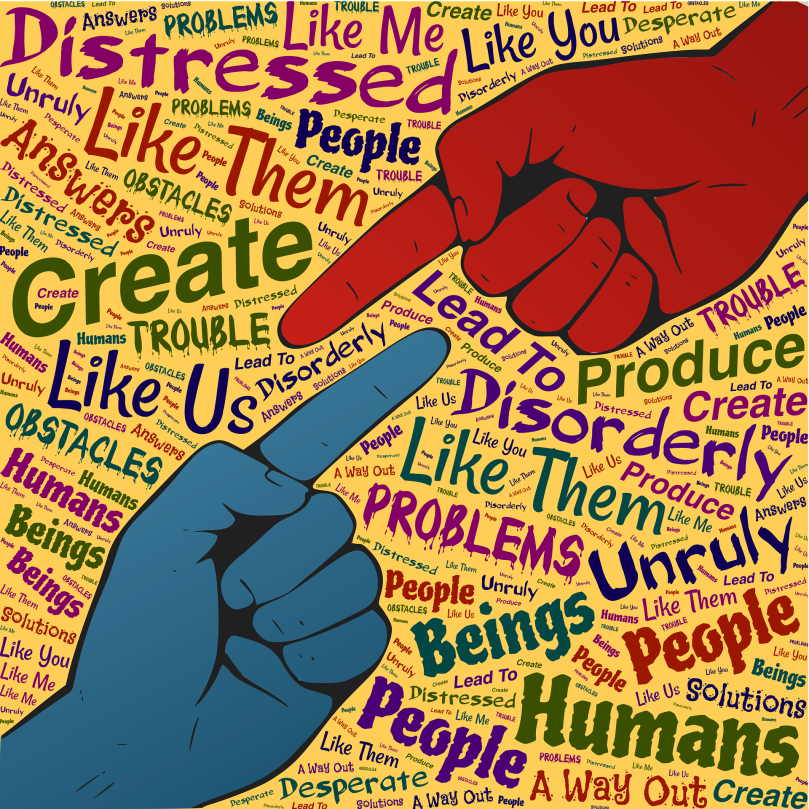


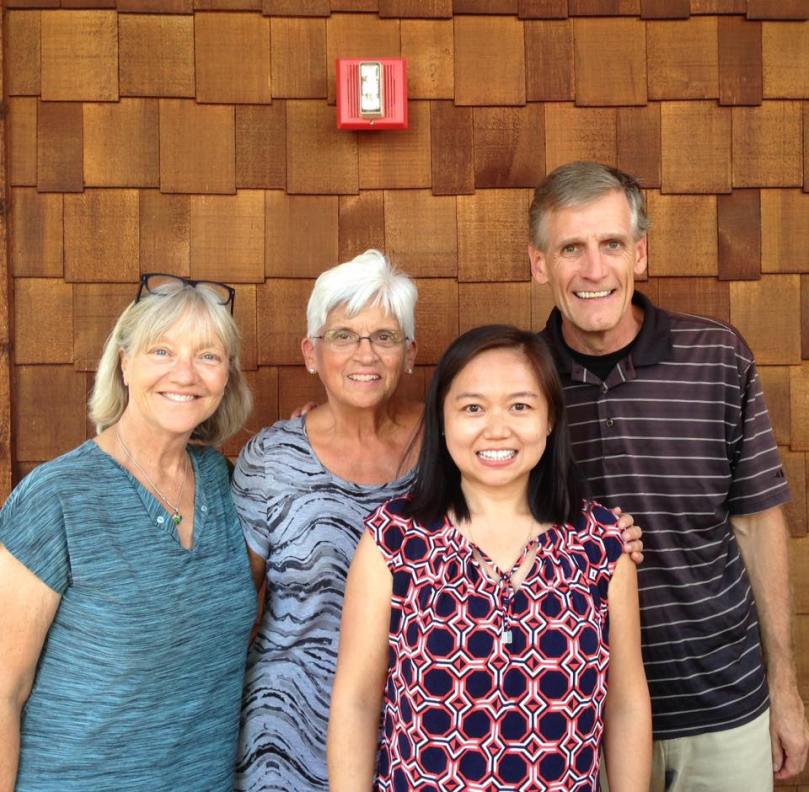
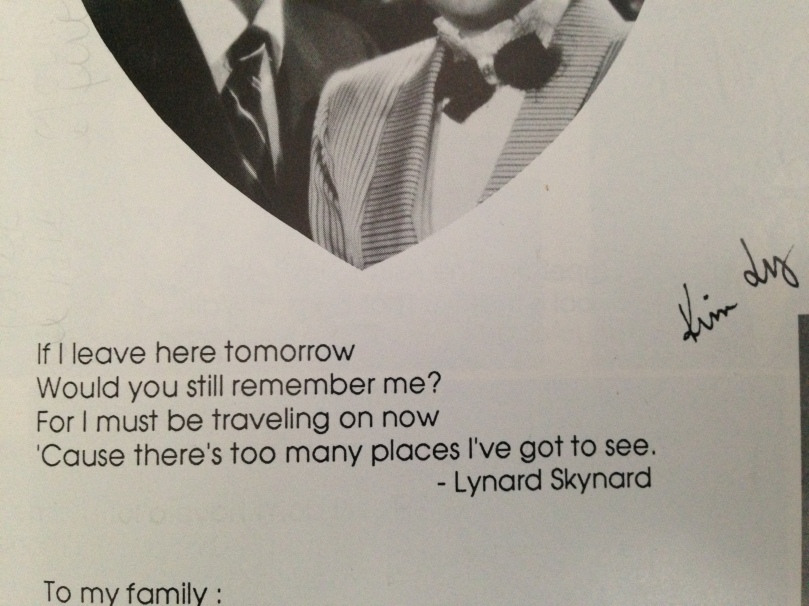




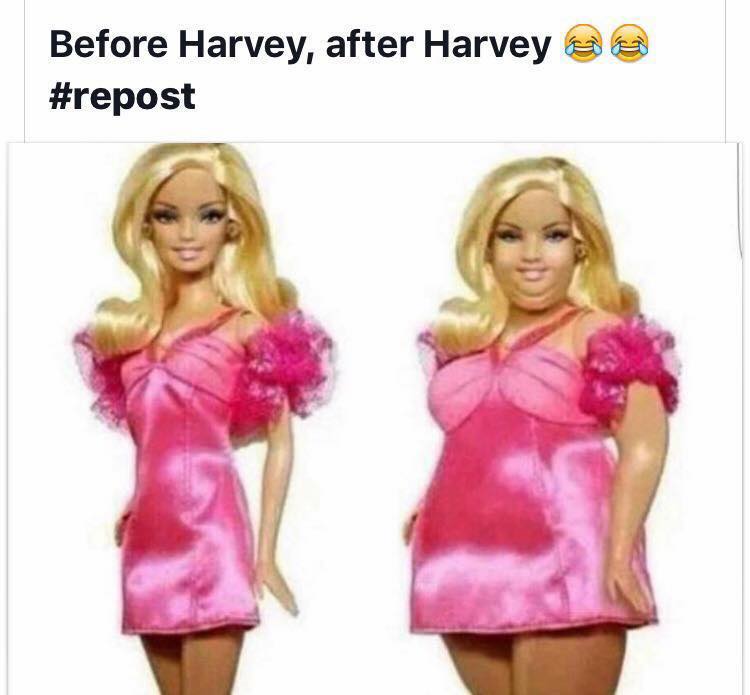

 Photo credit: mcaonline.org
Photo credit: mcaonline.org